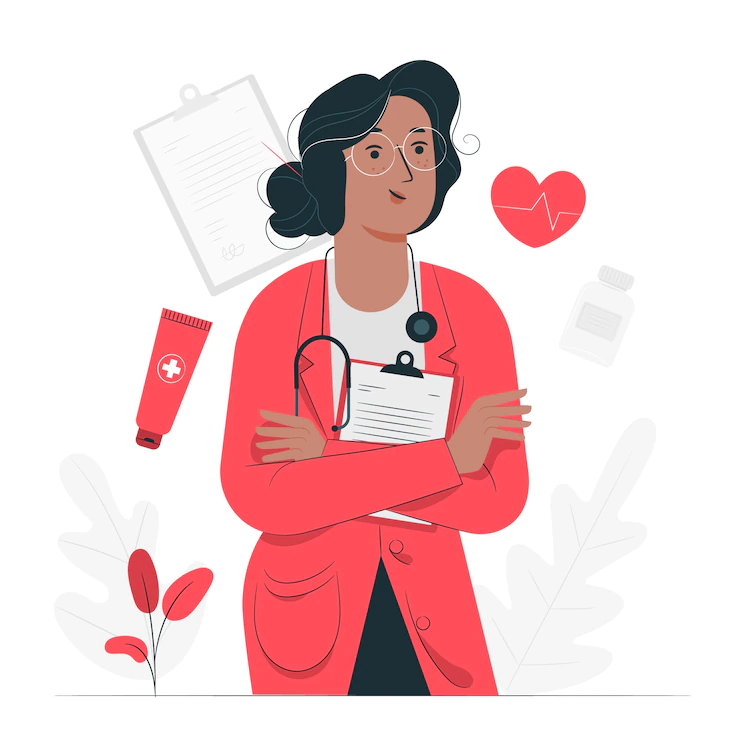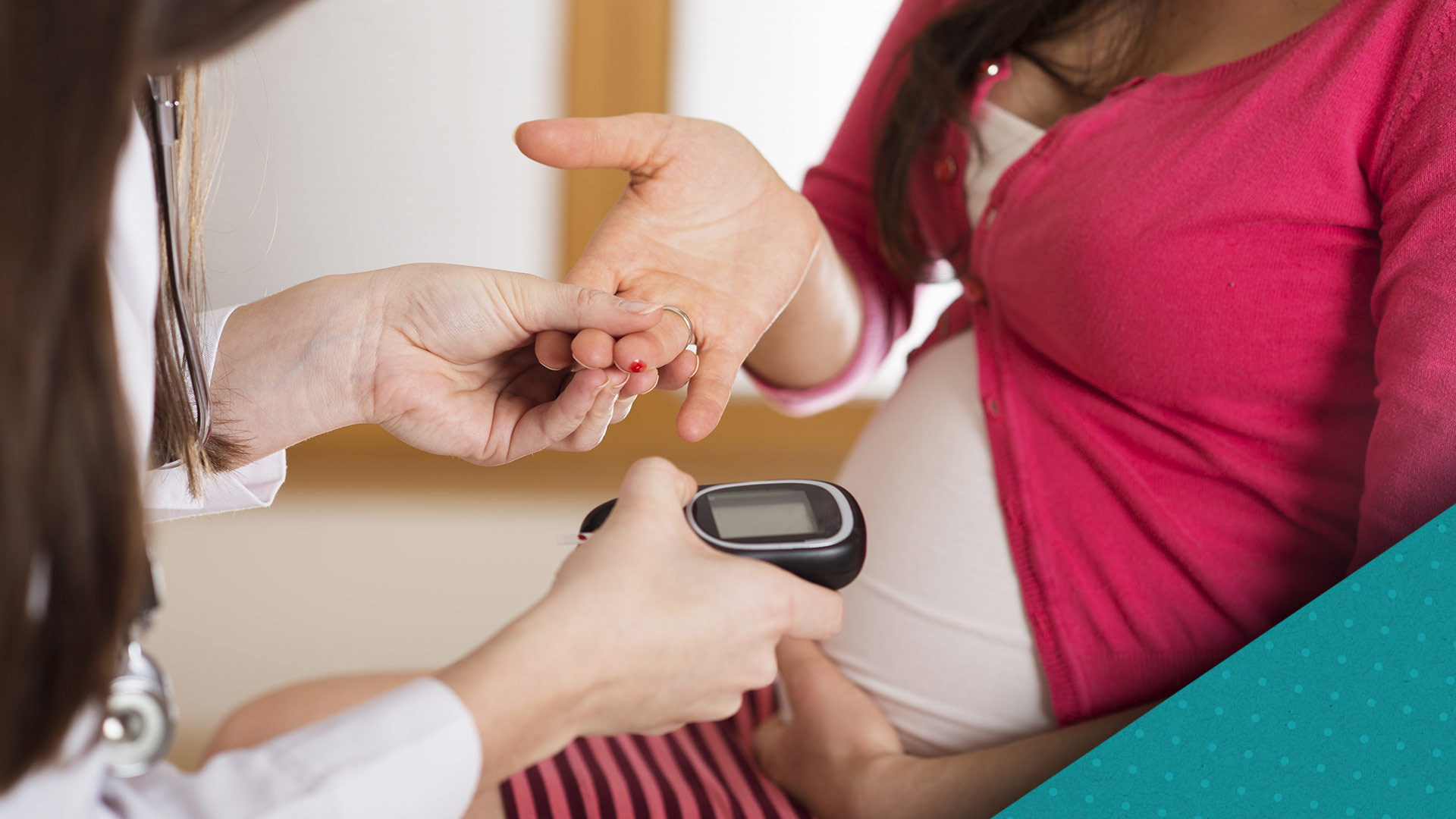Diabetes and Your Feet
(modified from Australian Diabetes Council Diabetes –What you need to know Chapter 17)

Diabetes may affect the feet in 2 ways:
Nerves, which allow you to feel pain, and temperature and give an early warning of possible injury, can be damaged.
Blood supply to the feet can be reduced due to blockage of the blood vessels. Damage to the nerves and blood vessels is more likely if you have had diabetes for a long time, or if your blood glucose levels have been too high for too long.
It is recommended that people with diabetes should be assessed by a podiatrist or doctor at least every 6 months. They will advise on the things to do and daily care routine to reduce the risk of injuries and complications.It is also essential to check your feet every day for any problems.
Caring for your feet
- Maintain blood glucose levels within the range advised by your doctor.
- Help the circulation to your feet with some physical activity like walking.
- Know your feet well.
– Look at your feet daily. Use a mirror if you need to. Check between your toes.
– Wash your feet daily in warm (not hot) water, using a mild soap. Dry gently and thoroughly including between toes
– Never soak your feet.
– Use a moisturiser to avoid dry skin. However, do not put moisturiser in between toes or on broken skin, as this may lead to infection.
– Only cut your toenails if you can do so safely. Cut straight across – not into the corners – and gently file away any sharp edges. - Choose footwear which is appropriate for your activity. Smooth out wrinkles in socks.
- Ask your healthcare provider if you need custom-fitted shoes or insoles.
- Check your shoes regularly for excess wear on the outside and for any rough spots on the inner lining.
- Avoid foot injuries by wearing shoes or slippers around the house and footwear at the beach or pool.
- Avoid contact with very hot or cold items (eg. hot water bottles, heaters, electric blankets, hot sand/ pathways and hot bath water).
- Wear insulated boots to keep feet warm on cold days.
- Corn cures and medicated pads can burn the skin. DO NOT treat corns yourself- see your podiatrist or healthcare provider.
- Get medical advice early if you notice any change or problems with your feet.


